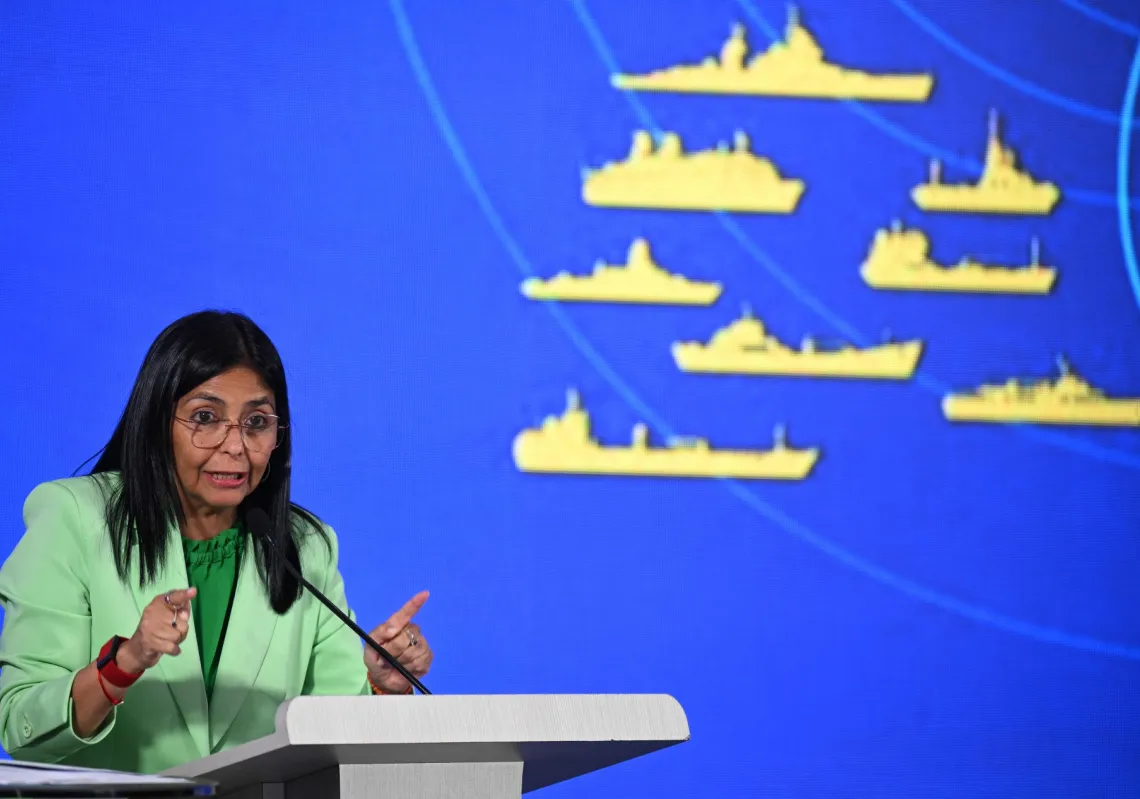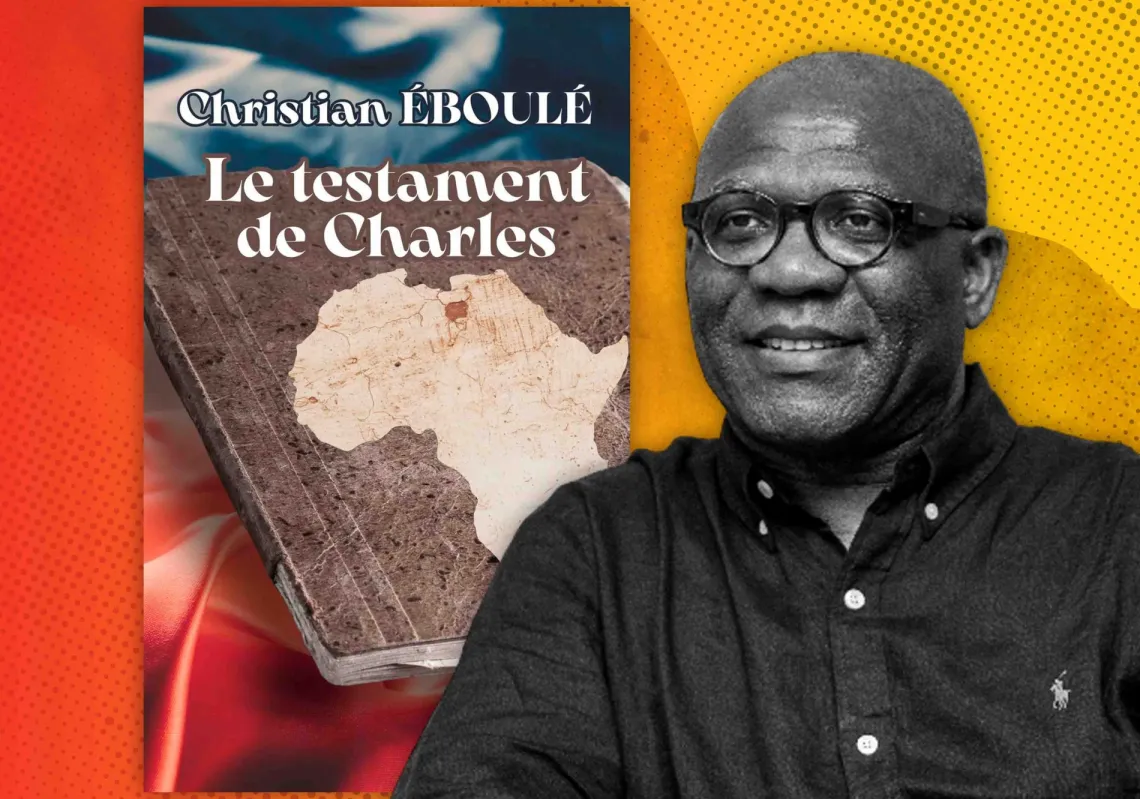 [/caption]
[/caption]
Moussa’s fame—he has been sung about by Egyptian pop singer Shaaban Abdel Rahim—places him at the top of the list of presidential candidates. In the world of diplomacy and its velvet corridors, the Egyptian elite tackles diplomatic incidents behind closed doors, in total disconnection from the Egyptian public. It is thus difficult for the Egyptian population to relate to an influential diplomatic figure, unless that figure possesses a strong charisma and exceptional characteristics that break through the psychological barrier between the elite and the wider population. This, in fact, describes Amr Moussa and his appeal amongst the Egyptians regardless of their background, which has helped Moussa to easily earn people’s support. Interestingly, this level of support did not spring up after Moussa became an official candidate. In fact, Moussa has had the people’s support since he became the Representative of Egypt to the United Nations, years back. His appointment as Minister of Foreign Affairs had made him one of most popular foreign affairs ministers of Egypt. During his ministry, he earned more popularity within the Arab world due to his decisive stance towards pressing Arab affairs. This had held the Egyptians captive, praising his name and regarding him a symbol of heroism and chivalry in an age where values are absent and unattainable. The nation has seen a leader and a suitable next president in Moussa, and thus, the nation called for Moussa to run for presidency. However, Moussa refrained from announcing his stance on the matter straight away.
The nation was shocked when Moussa left the Ministry of Foreign Affairs, under mysterious circumstances. It felt as if Moussa was being punished for succeeding to reach the people of Egypt and attain their trust. Later that year, Moussa became the Secretary-General of the Arab League during a time of extremely complex Arab affairs, where he was largely criticized for the weakness of the league.
When the Egyptian uprising took place, Moussa declared a solid stance in favor of the young demonstrators, who called it the February Revolution, as he stood with them at Tahrir Square calling for Mubarak to step down. After the success of the revolution, Amr Moussa’s name appeared frequently and strongly in the political arena as a viable next president of Egypt. Despite the level of criticism he has been receiving from his opponents, Moussa possesses great confidence in his political capabilities and experiences, as well as his international relations and national stances.
As the electoral campaigns continue, Amr Moussa remains at the top of the list of candidates in this race for presidency. Moussa also remains the greatest source of anxiety to his opponents and the only one amongst the candidates to have a popular song written about him and chanted by the Egyptian nation years before his candidacy.
Free Economy and Social Justice
A few days before he left the Arab League headquarters, Moussa agreed to have the following dialogue with The Majalla concerning his future projects in case he won the presidential elections.
The Majalla: Why did you choose to run for presidency?
It is a duty and a responsibility. It is also to satisfy the demands of a large number of young Egyptians and other social groups.
Q: What are the main items on your political agenda?
I cannot give a brief answer to this question as the agenda focuses on a number of themes including the establishment of democracy, freedom of opinion and a free economy based on social justice. The agenda also focuses on placing equal significance on agriculture, industry and tourism. In addition, the agenda caters for the marginalised, education development, scientific competence, freedom to form new political parties, implementation of judiciary provisions while allocating guarantor bodies to see through the implementation of provisions, reviewing of laws and inconsistencies that lead to circumvention of the law, elimination of corruption in localities and villages in order to reconstruct the country’s structural frame, and amending Egypt’s role on the regional and international levels.
Q: What about Egypt’s foreign policy?
A positive and objective relationship with all countries is a must, except with those that demonstrate animosity towards Egypt or the Arabs. This will place Egypt back in the lead in the region and will reinforce Egypt’s commitment to being Arab and African. This new policy will not mean, however, that Egypt would commit to a deed that might shake the international community’s trust in Egypt.
Q: What are your thoughts on the political momentum in Egypt?
This is a good phenomenon. Every Egyptian has the right to practice their political right.
Q: What is your stance towards the Muslim Brotherhood and religious political groups in general?
As long as they carry the Egyptian nationality, they will have the right to practice politics and form parties. It is not possible to exclude any Egyptian faction and restrain them from practicing their rights.
Q: Do you worry for Egypt from such groups and their political activities once they’ve formed their political parties?
No. Elections and ballot boxes are the real judge in any case. The people will have to choose their representatives freely and democratically. I think people’s choices are going to be balanced.
Q: Which system do you think suits Egypt best?
A presidential parliamentary system dictated by a solid constitution that clearly defines the authorities of the president, while separating the various authorities and establishing an independent judiciary would be best for the current period.
Q: How do you propose resolving the discord of priorities of the constitution, the presidential elections and the parliamentary elections?
I see that we start with the presidential elections so that, once elected, the president will oversee the process of drafting a constitution by an elected constituent assembly. Then, the president calls for the parliamentary elections. However, I also agree with the growing opinion that places the constitution before the presidential elections. In which case, I still believe that the constitution should be drafted by an assembly elected directly by the people, before it is presented for referendum.
Q: You announced that if you won the election, you would not rule Egypt for more than one term. Why and do you think one term is enough?
I believe that one term is enough regardless of it being four or five years. The president’s main mission is to lead the reform and adjustment processes and to place Egypt back on the right path. This is in addition to age-related reasons.
Q: What is your response to those calling for a young president?
With all due respect to all opinions, a great number of the young Egyptians of the revolution have themselves requested that I run for presidency. Also, the coming period requires someone with solid experiences and relations that would aid him in his leadership of Egypt. Egypt is a big country and running a big country is a great responsibility. Not to mention, this should not exclude young Egyptians. I see that the young generation should be active within the decision-making circles so to enhance their experience and to prepare them for the leadership itself.
Interview conducted by Safaa Azab









